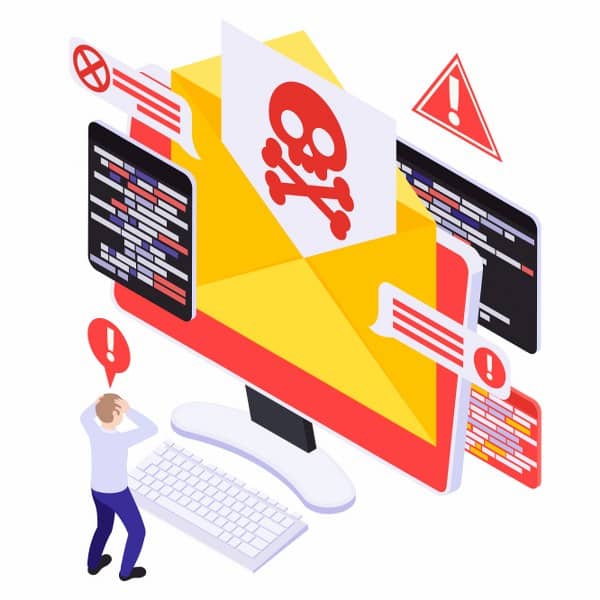In today’s digital age, the importance of IT support and security cannot be overstated. With the increasing reliance on technology for both personal and business use, the need for robust IT support and security measures is more critical than ever before. In this blog, we will explore the importance of IT support and security, the risks and challenges faced by businesses, and some best practices to keep your systems secure.
Part 1: The Importance of IT Support
IT support refers to the services provided by professionals who are responsible for ensuring the smooth running of computer systems and networks. The importance of IT support can be seen in the following ways:
- Increased Productivity: IT support ensures that your systems are running optimally, reducing downtime and improving productivity. With efficient IT support, employees can focus on their work without worrying about technical issues.
- Cost Savings: By investing in IT support, businesses can save money in the long run by avoiding costly downtime and system failures. In addition, IT support can help to identify potential problems before they become major issues, reducing the need for costly repairs.
- Improved Security: IT support professionals can help to implement security measures to protect your systems and data from cyber threats. This includes setting up firewalls, antivirus software, and intrusion detection systems.
- Better Decision Making: With access to data and analytics, IT support can help businesses make better decisions based on real-time information.
Part 2: The Risks and Challenges Faced by Businesses
In today’s digital age, businesses face a range of risks and challenges when it comes to IT support and security. Some of the most common risks and challenges include:
- Cyber Attacks: Cyber attacks are one of the most significant threats faced by businesses today. These attacks can result in data breaches, financial loss, and reputational damage.
- Data Loss: Data loss can occur due to system failures, natural disasters, or cyber attacks. This can result in the loss of important data, including customer information, financial data, and proprietary information.
- Human Error: Human error can lead to security breaches, data loss, and system failures. This can include everything from accidentally deleting important files to falling for phishing scams.
- Compliance Requirements: Many businesses are subject to regulatory requirements related to data privacy and security. Failure to comply with these requirements can result in fines and other penalties.
Part 3: Best Practices for IT Support and Security
To ensure the smooth running of your systems and protect your business from cyber threats, it is important to implement best practices for IT support and security. Some of the best practices include:
- Regular Maintenance: Regular maintenance of your systems can help to identify potential problems before they become major issues. This includes software updates, hardware upgrades, and system backups.
- Employee Training: Employee training is essential to ensure that employees are aware of the risks and best practices for IT support and security. This includes training on password management, phishing scams, and data protection.
- Robust Security Measures: Robust security measures are essential to protect your systems and data from cyber threats. This includes firewalls, antivirus software, intrusion detection systems, and access controls.
- Compliance with Regulations: Compliance with regulatory requirements related to data privacy and security is essential to avoid fines and other penalties. This includes GDPR, HIPAA, and PCI-DSS.
IT support and security are essential components of today’s digital age. Businesses must invest in robust IT support to ensure the smooth running of their systems and increased productivity. In addition, businesses must implement robust security measures to protect their systems and data from cyber threats. By following best practices for IT support and security, businesses can reduce the risks and challenges faced in today’s digital






